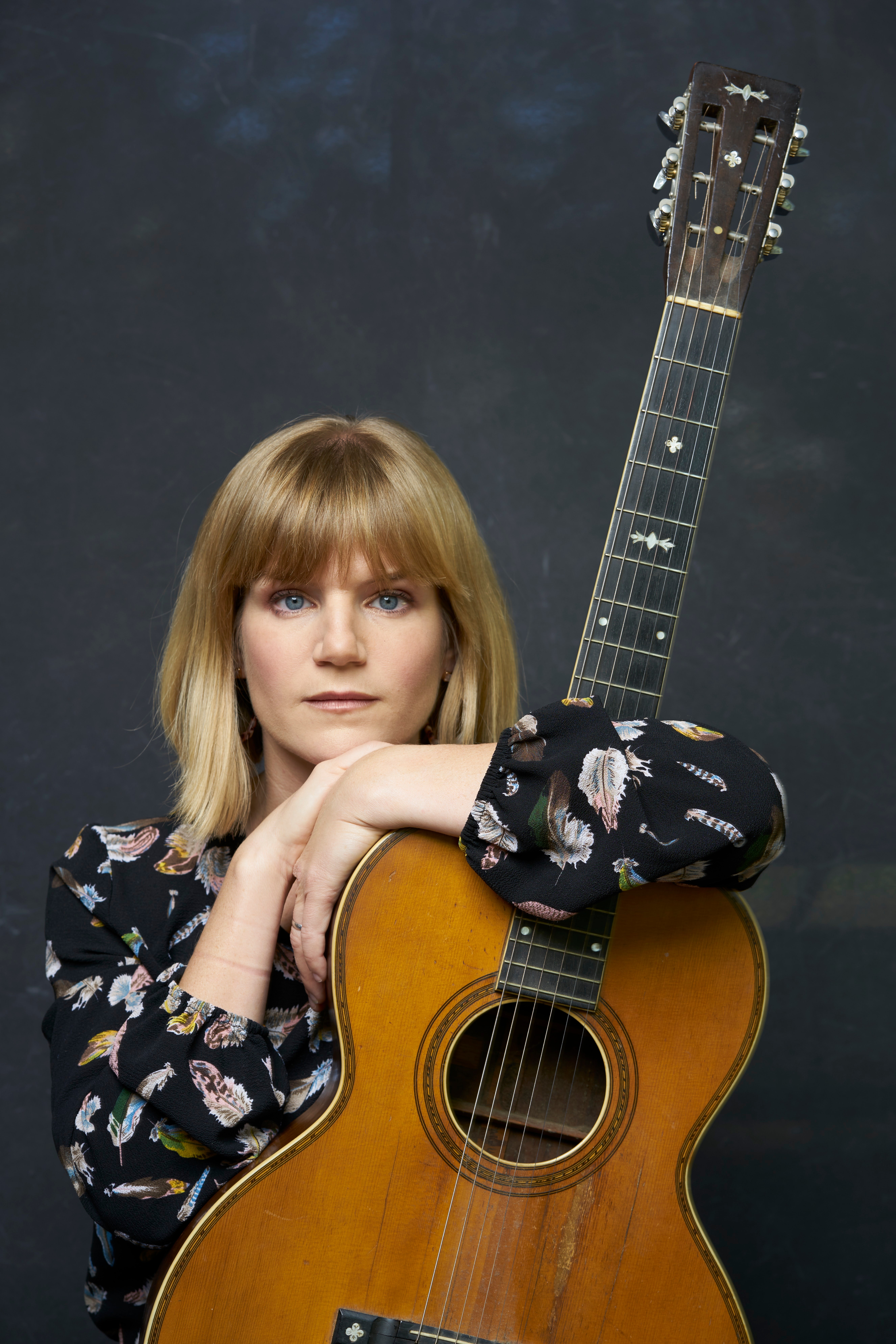We caught up with the brilliant and insightful Charlotte Littlehales a few weeks ago and have shared our conversation below.
Charlotte, looking forward to hearing all of your stories today. Can you talk to us about serving the underserved.
Music and music education should be accessible to all– period. When I first moved to Fallbrook with my husband in 2011, one of the first things I noticed was that this sleepy town (often called “small” though it boats a population of 40k+) had no music school. At the time my husband and I were newlyweds, in our mid-20s, and childless. We both started working at a music school in Oceanside while giving private music lessons in peoples homes, but after having our first child, I knew I wanted to be able to build a music community closer to home. In 2017, I opened my first commercial space. It was only 72 sq ft– I squeezed my vintage spinet into it (a spinet is a piano slightly smaller than an upright piano) and started teaching voice, piano and guitar lessons to kids and adults.
You see, when the primary access to music lessons occurs in the students homes, we are automatically excluding families who cannot bring a teacher in for whatever reasons: cleanliness, space, financial, supervision– the reasons are many. It was at this time that I became determined to build a music school in Fallbrook that would stay affordable, and be able to offer high quality music lessons and classes to anyone with the drive and interest to learn.
In early 2019 I was able to move to a larger unit in the same commercial center. With a larger space I was able to begin offering group lessons. This was a game changer! Group classes drastically cut costs for students and their families. I decided to pursue more group music education, and trained and received certification to teach two nationally recognized early childhood music education programs. In addition to adding group lessons, I also began partnering with local charter schools to provide music lessons and classes to students who may otherwise not be able to afford them.
As of today, we are operating out of larger space with plans to move into a bigger facility this summer that will enable us to offer more group instruction. We have stayed priced well-below the market average, and offer discounts to families in need. A big goal on the horizon to source outside funding in the form of grants, to provide larger scholarships for students in need. Our number one priority is keeping music education affordable, high quality, safe and fun.

Awesome – so before we get into the rest of our questions, can you briefly introduce yourself to our readers.
My name is Charlotte Littlehales, and I’m a former east-coaster who moved to North County San Diego with my Californian husband in 2011. My husband and I met in Philadelphia as college students at a jazz music conservatory. For years, our focus remained in the original music scene. I had minored in music education but was discouraged from completing a degree by my college advisor, who thought I was too shy to teach.
Teaching was, at first, a means to pay the bills between gigs. But somewhere along the way I realized that I love it far more than performing. And there is a distinct need for music education provided by passionate, driven musicians who care to take the time to learn how and why people learn. Nothing bring me more joy than teaching music– to all ages, but especially children.
Little Dell Music Studio was born out of the need for a local music school, plus a safe place for kids to learn. It’s a labor of love that has been built by hand with the help of the families we have met, and who have supported us, along the way.

Can you tell us about a time you’ve had to pivot?
Prior to the covid-19 pandemic, about one third or more of my income came from performing all over San Diego county. When all the gigs went away, I made the decision to dig in deep to Little Dell Music Studio. I had to make decisions on how to best run lessons and classes while not sacrificing quality, but still keeping my family and my students safe. And we did it! The result is that I have far less time to perform, but I’m pretty happy to be where I’m at with my music school, so I have no complaints.

Can you open up about how you funded your business?
One of the things I think about often with Little Dell Music Studio is how it’s been entirely funded by cash on hand from the very beginning. Initially I went to students homes and charged a small travel fee. Then I scraped enough money together to pay $250 a month in rent for a 72 sq ft room to teach out of. My next stop was a 450 sq ft space that enabled me to add enough revenue to eventually outgrow it, into a 900 sq ft space with three lesson/class rooms (where we are currently). This larger space has allowed me to hire additional teachers, and we will be expanding again this summer.
For the past 8 years of this business, I’ve always looked at my goals and thought, “Well, what can I afford to do this month?” I know I probably could have grown faster if I had started with a loan, or more capital up front, but this path has allowed me to grow at the pace that works best for my family, and I plan on continuing this way as long as I can.

Contact Info:
- Website: http://www.littledellmusicstudio.com
- Instagram: instagram.com/littledellmusicstudio
- Facebook: facebook.com/littledellmusicstudio
- Youtube: https://www.youtube.com/channel/UC55SZ5gF-m48T_GBnIXEusQ
Image Credits
Breton Littlehales Mike Reardon


